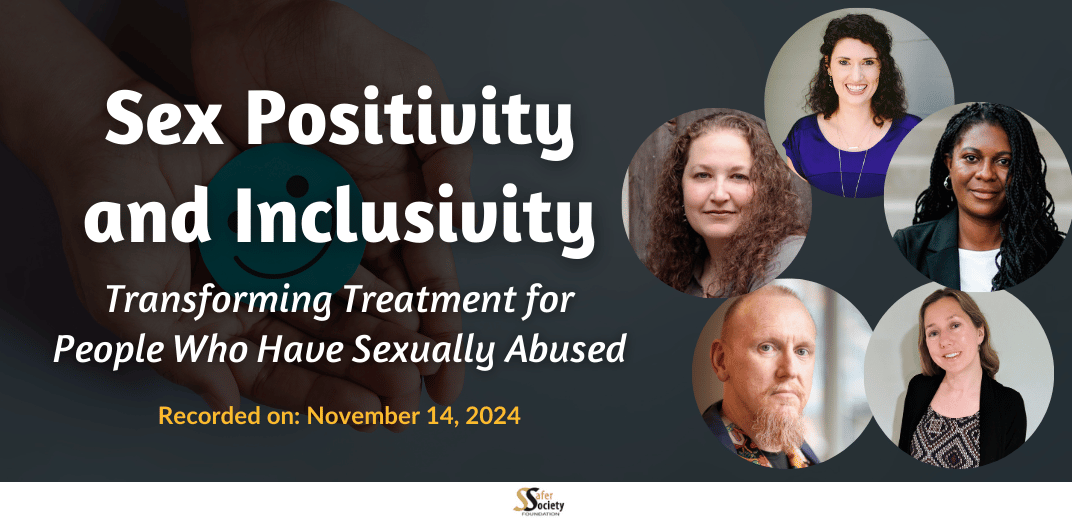
Sex Positivity and Inclusivity: Transforming Treatment for People Who Have Sexually Abused
This webinar is primarily for professionals involved in the treatment of individuals who have sexually abused others. It is designed for clinicians and therapists who are seeking to improve their understanding and strategies in addressing the complex nature of human sexuality within therapeutic contexts.
To effectively treat people who have sexually abused others, professionals must come to terms with the diversity and often-complex nature of human sexuality. Recent surveys and studies indicate that a significant portion of the US adult population—ranging from one-third to approximately half—identifies as having kinky or non-traditional sexual interests, a trend that reportedly increased during the COVID-19 pandemic. However, addressing these aspects of sexuality with clients who have a history of sexual abuse can be challenging. It requires a balance of openness, professionalism, and a non-judgmental approach to explore these sensitive topics while maintaining appropriate boundaries and focusing on preventing harmful behaviors.
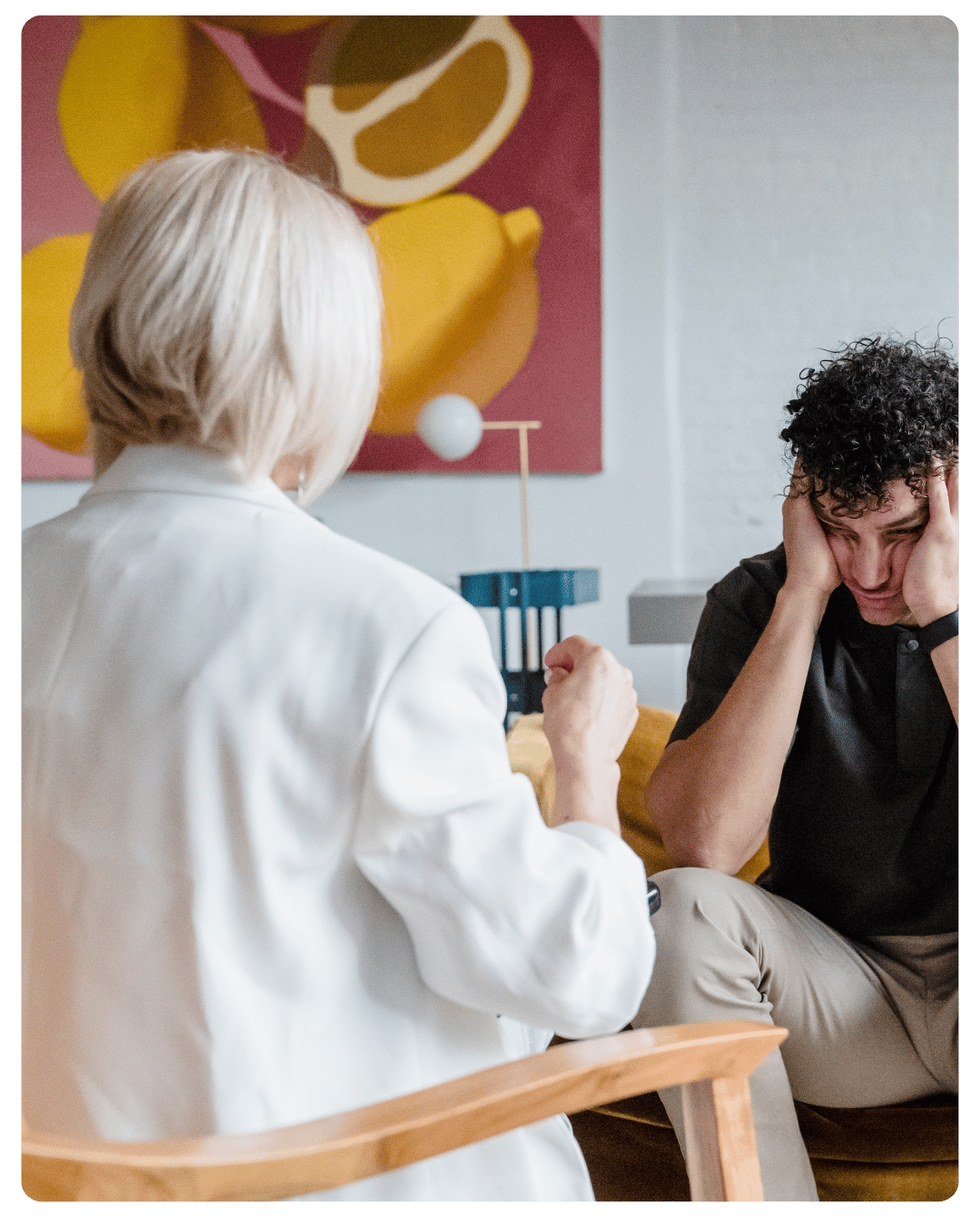
While it may be tempting to place severe restrictions on clients who’ve committed sex crimes, such measures are often not directly related to their risk of reoffending and can, in some cases, make matters worse. Experience has shown that treatment and supervision approaches that simply advocate “just say no,” are ineffective. Instead, it’s better to openly discuss these clients’ sexual interests in treatment. This approach enables clients to better understand and manage their behaviors, ultimately leading to a better life.
During this 90-minute webinar, a panel of nationally recognized experts explores the principles of sex positivity and inclusivity in therapeutic contexts, advocating for a non-judgmental attitude toward mutually consenting sexual activities.
This discussion:
- Underscores the need for an individualized assessment and understanding of each client.
- Explores how and why a purely abstinence-based approach to the management of sexual urges and impulses is less likely to be effective.
- Provides an open dialogue about how “taboo” or “deviant” topics, paired with education and normalization, can help patients address and manage their risks more effectively.
By promoting sex positivity and inclusivity, clinicians can work towards reducing stigma and shame while still addressing potentially risky behaviors. In fact, the principles upheld by the kink community—communication, safety, and consent—offer valuable insights that can enhance these therapeutic interventions.
We invite you to join us for this informative and enlightening discussion, which aims to advance our understanding and improve treatment strategies in this field.
Who's Presenting
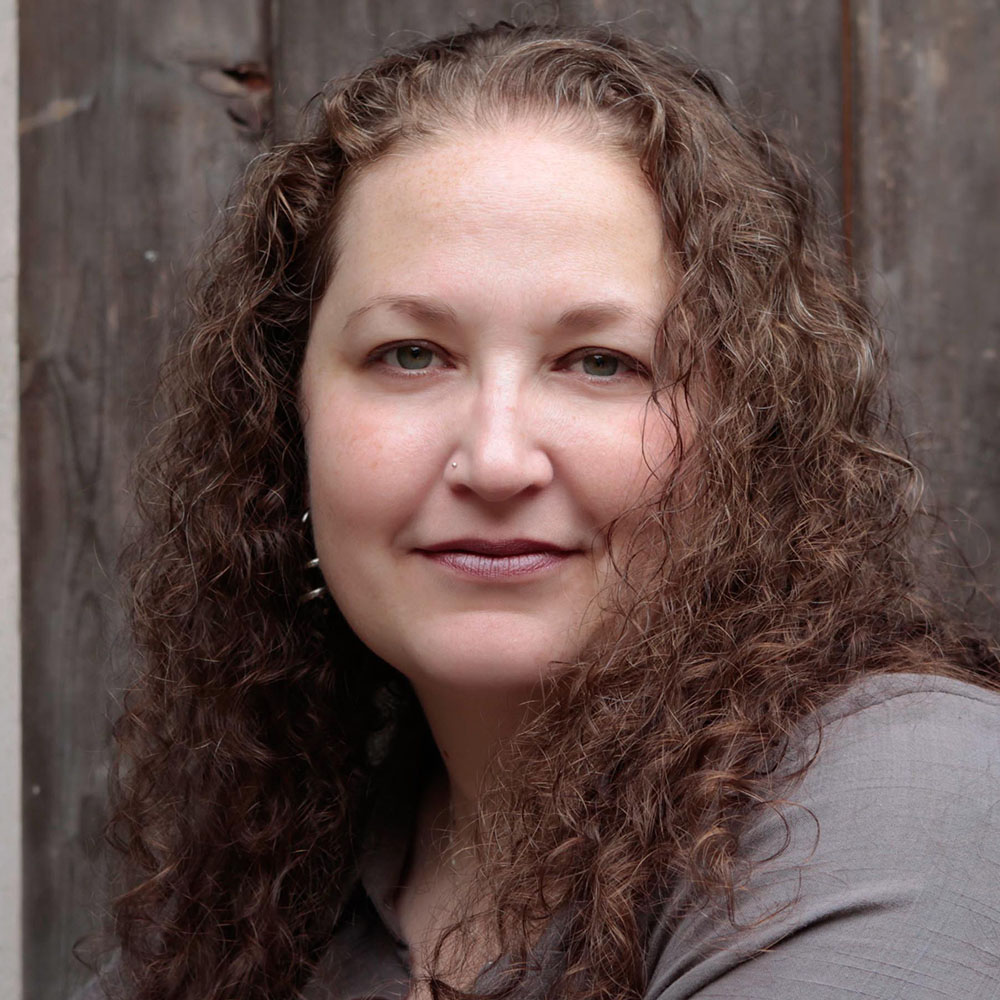
Katie Gotch, LPC, CCSOT, ATSA-F
Katie Gotch is a Safer Society Collaborator. She has worked in the field of sexual abuse prevention for well over twenty years as a clinician, evaluator, trainer, educator, and in the development of evidence-informed public policy. Katie currently maintains a private practice, Integrated Clinical & Correctional Services, which provides specialized clinical and consultation services related to individuals with sexual behavior problems and other forms of abusive/violent behavior. She frequently provides training to correctional agencies, treatment providers, policy makers, and other community partners on sexual abuse specific assessment, management and treatment; static and dynamic risk; public policy; public/media engagement; and related topics. She is a certified Static-99R/STABLE & ACUTE-2007 trainer and a local ODARA trainer. Katie has a long history of public policy and board involvement; She has served as the Public Policy Executive Board Member for ATSA, as a Board Member for NPEIV, and as the Policy Advisor for OATSA.
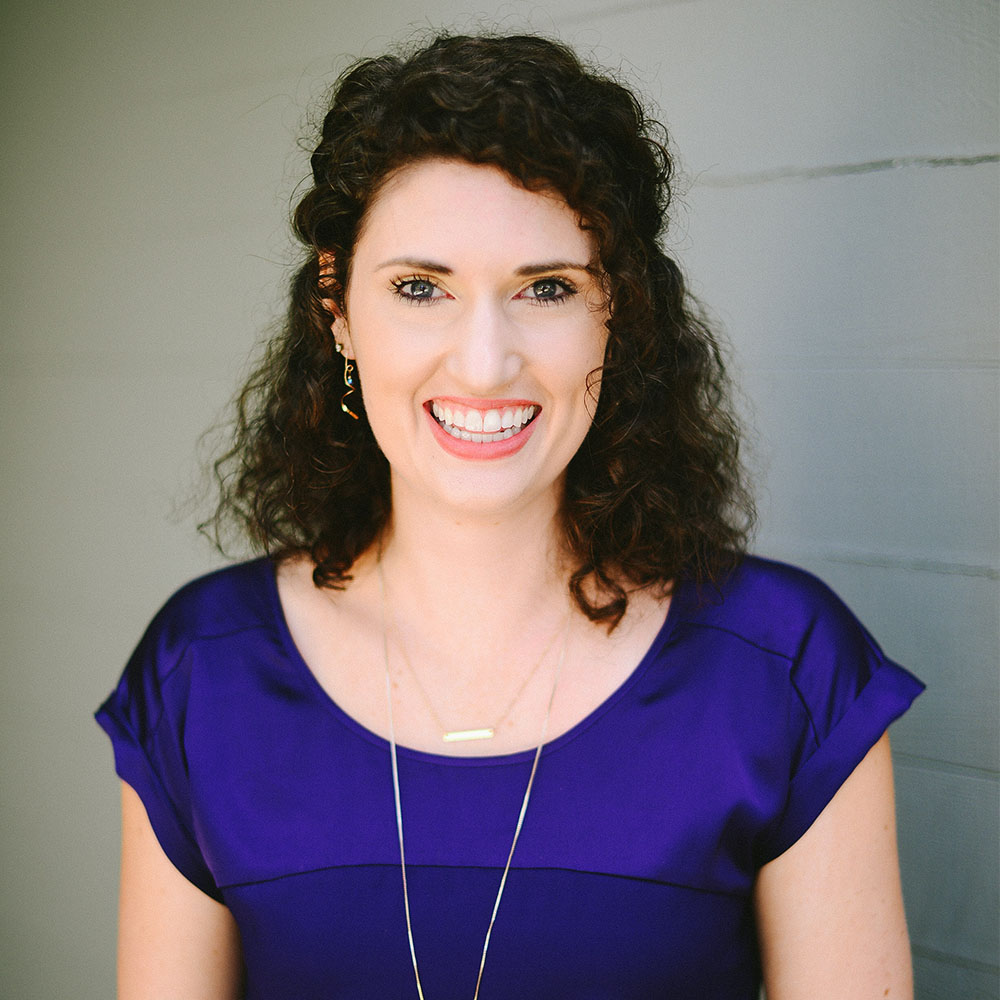
Molly Shepard, PhD
Molly Shepard is a licensed psychologist providing sexual offense-specific treatment and assessment services in various capacities. She graduated from Palo Alto University’s Clinical Psychology PhD program in 2020. She holds Oregon certifications as a Clinical Sexual Offense Therapist (CCSOT) and a Forensic Evaluator. She primarily works within the Oregon State Hospital’s Sexual Offending Treatment Program wherein she also supervises predoctoral psychology interns and clinicians seeking CCSOT. She contracts with Western Clinical & Forensic Services, conducting sexual risk, diagnostic, and forensic evaluations. She serves as an at large board member of Oregon’s ATSA chapter (OATSA). Her primarily clinical and research interests involve sexual offending-specific treatment, assessment, and risk mitigation; supervision and training; cultural and language inclusivity; and kink, queer, and polyamorous identities.
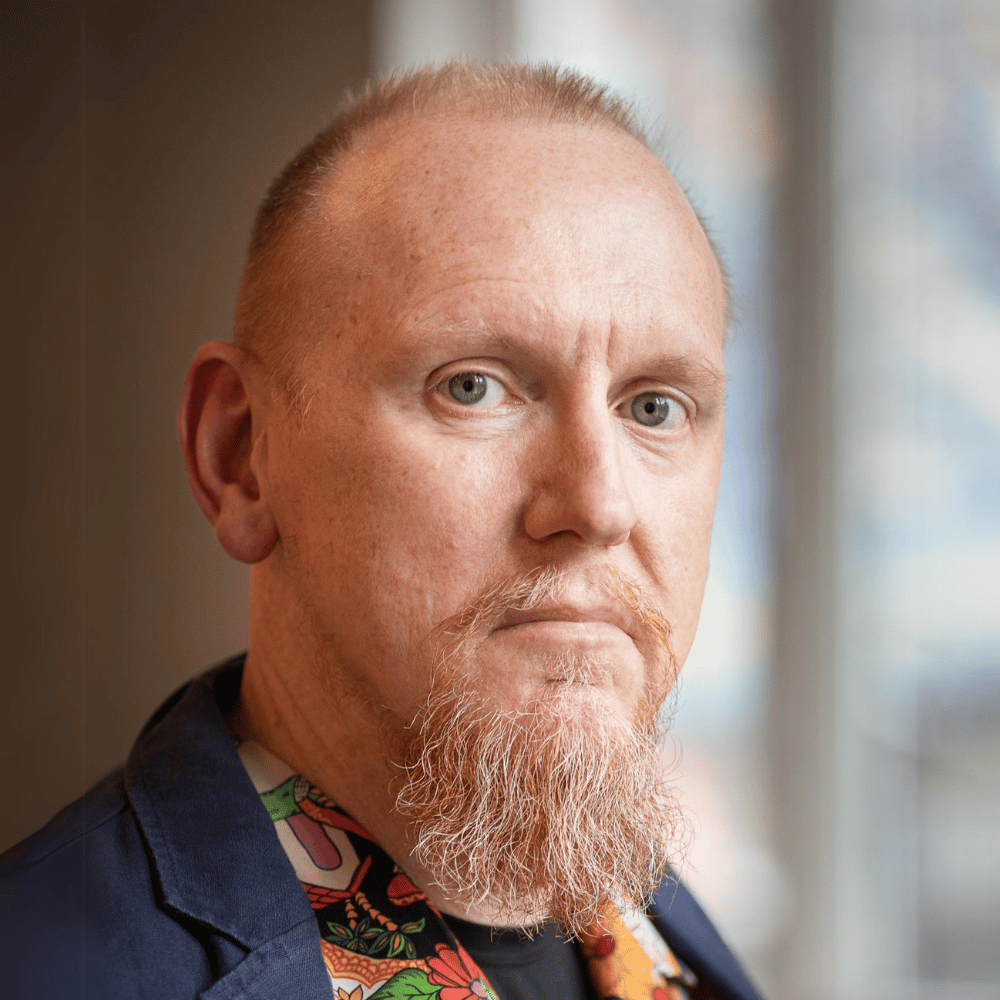
Bud Ballinger, PhD
Bud Ballinger is a clinical/forensic psychologist and the Director of Treatment Services for NYS Secure Treatment and Rehabilitation Center (New York’s civil confinement program). He has a passion for enhancing therapeutic work with people who have engaged in harmful sexual behavior. Since earning a Ph.D. in clinical psychology from Texas Tech University in 2000 he has worked in inpatient, outpatient, correctional, and civil confinement programs providing treatment, supervision, consultation, evaluation, and courtroom testimony. He developed New York’s treatment program for incarcerated people who are likely candidates for civil confinement. He is the president of NYS ATSA and an ATSA Fellow.
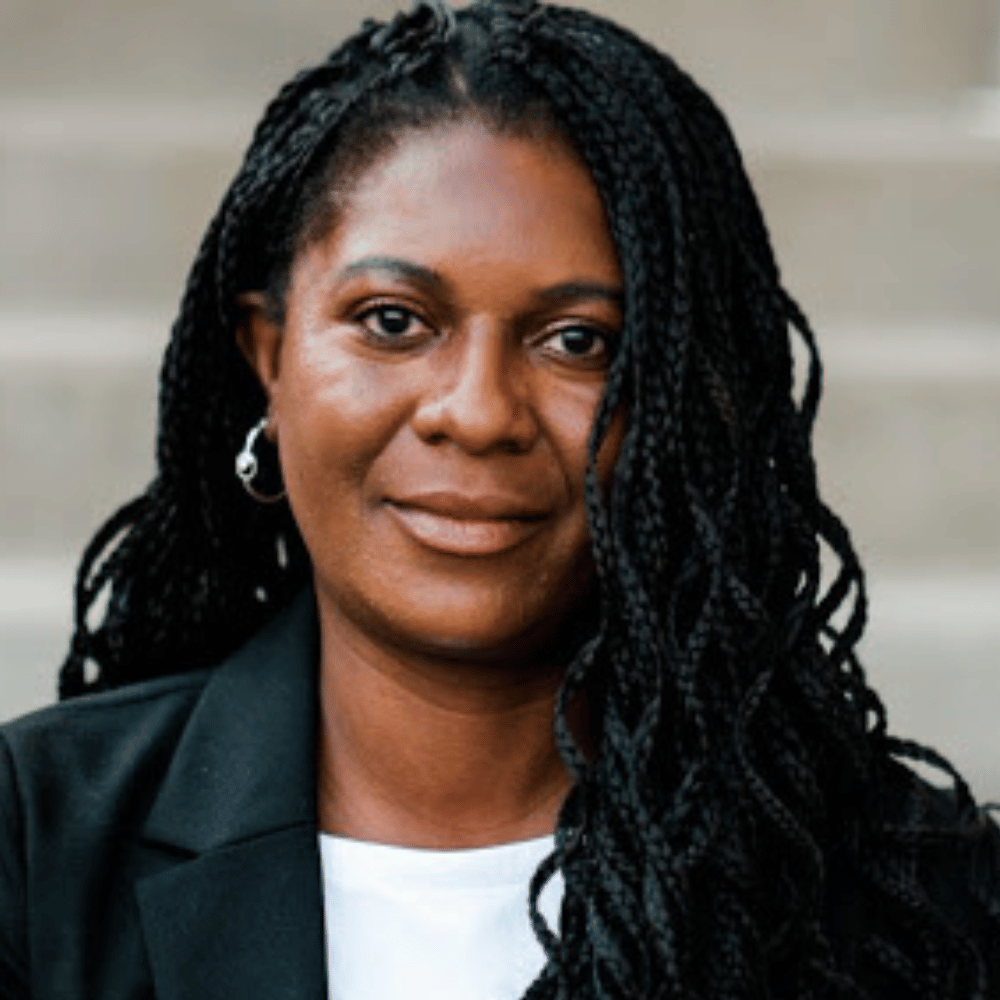
Apryl A. Alexander, PsyD
Apryl Alexander received a B.S. in Psychology from Virginia Tech and M.S. from Radford University. She also received her M.S. and Psy.D. in Clinical Psychology from the Florida Institute of Technology with concentrations in forensic psychology and child and family therapy. Dr. Alexander completed her pre-doctoral internship at Patton State Hospital, the largest forensic psychiatric hospital in the country. She also completed her post-doctoral fellowship in forensic psychology at Minnesota State Operated Forensic Services (MSOFS) conducting competency to stand trial, competency to proceed, and criminal responsibility evaluations, as well as violence and sexual violence risk assessments. Dr. Alexander co-chaired the Conference Committee for the 2023 ATSA Conference in Aurora, Colorado. Currently, Dr. Alexander is Metrolina Distinguished Scholar in Health and Public Policy and Associate Professor at the Department of Public Health Sciences of The University of North Carolina at Charlotte. Her research interests are focused in the areas of violence, victimization, and forensic assessment.
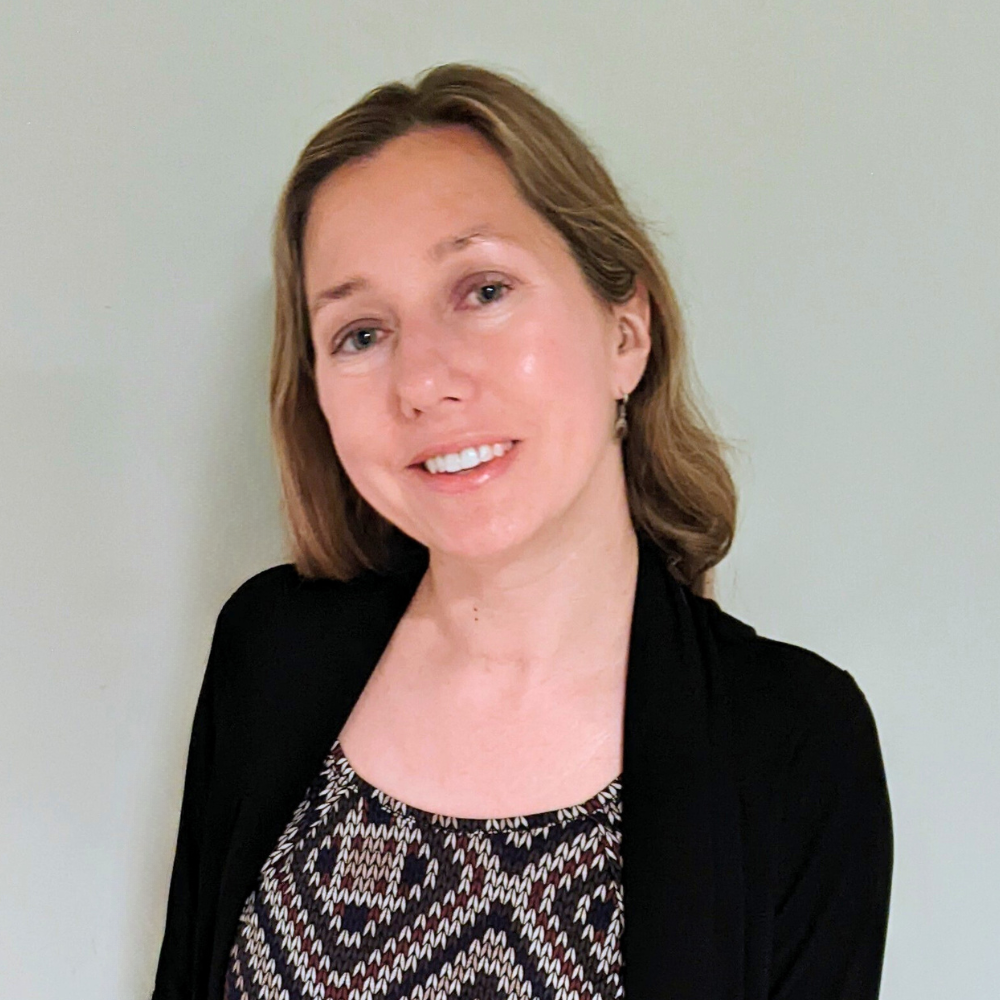
Nikole Nassen, PhD
Nikole Nassen, Ph.D., is a clinical psychologist and the director of the Sex Offender Treatment Program at Naval Consolidated Brig Miramar. She has been involved in program development and implementation for Naval Corrections’ Violent Offender and Sex Offender Treatment Programs and has worked with individuals who have expressed non-traditional sexual interests in the context of these programs. Dr. Nassen is a Clinical Member of the Association for Treatment and Prevention of Sexual Abuse (ATSA) and is a member of ATSA’s Adult Clinical Practice Committee. She is also the Training Coordinator for the California Association for Treatment and Prevention of Sexual Abuse (CalATSA). Dr. Nassen received her doctorate degree in Clinical Psychology from Alliant International University in 2008. She has assessed and treated individuals who have committed violent and sexual offenses, as well as individuals with mental health concerns, in community and in correctional settings. She has also completed clinical and forensic evaluations of adults and adolescents for the Delinquency and Dependency Courts in San Diego.
